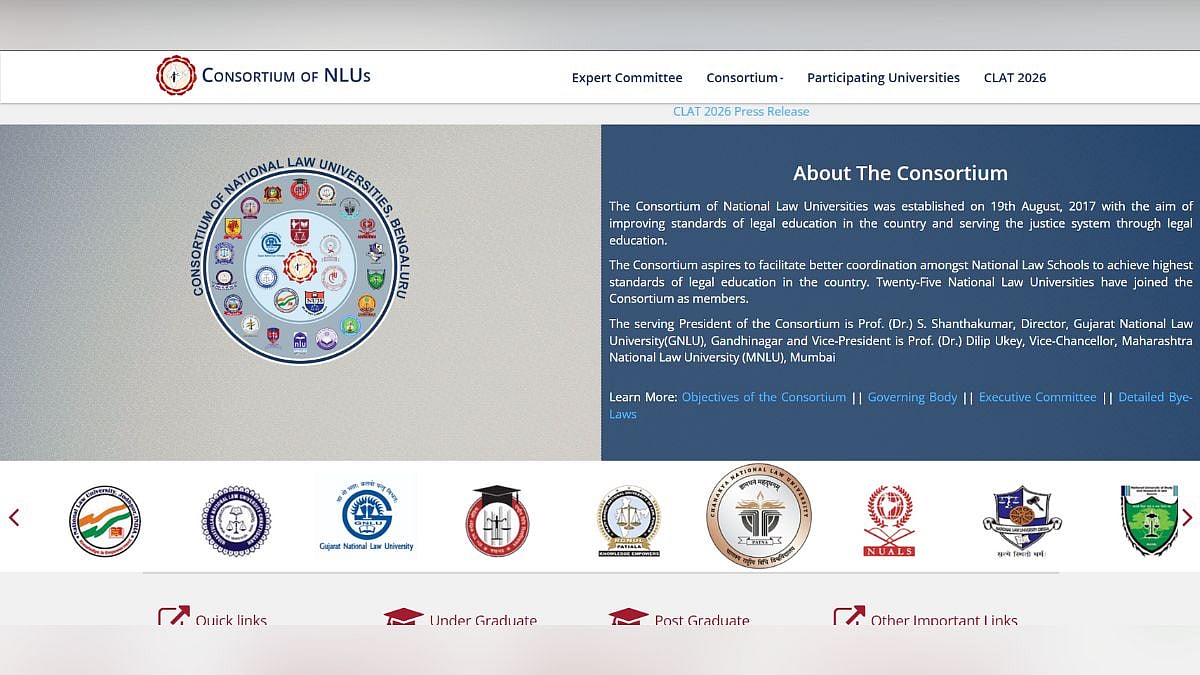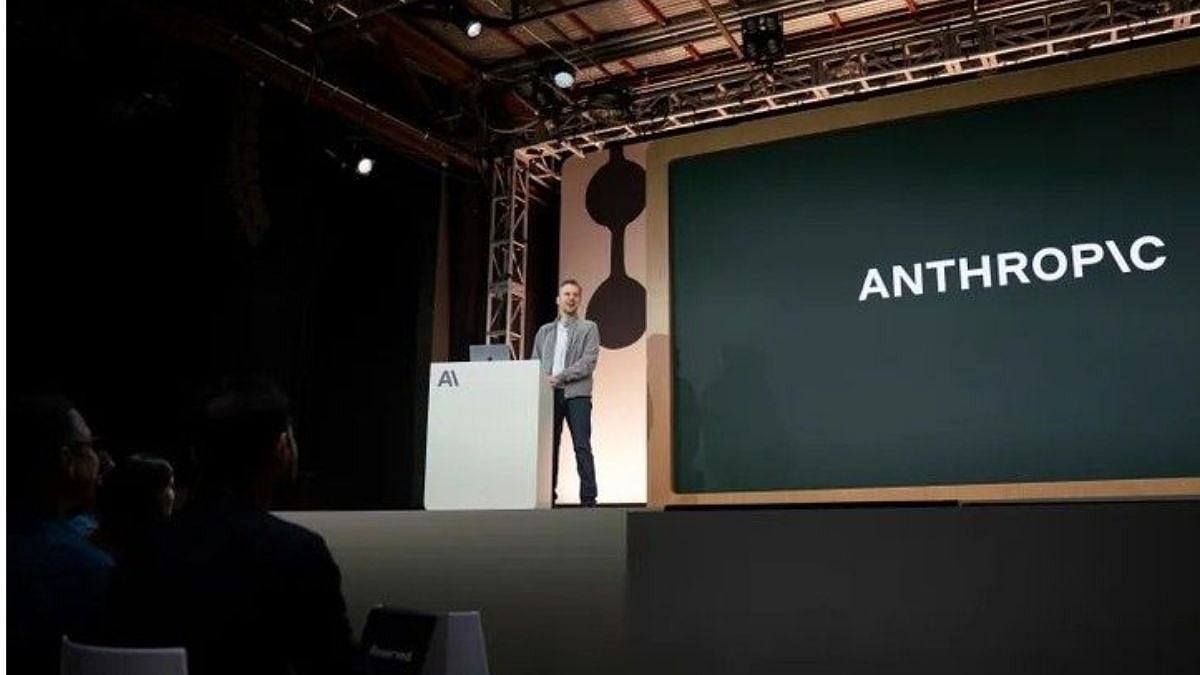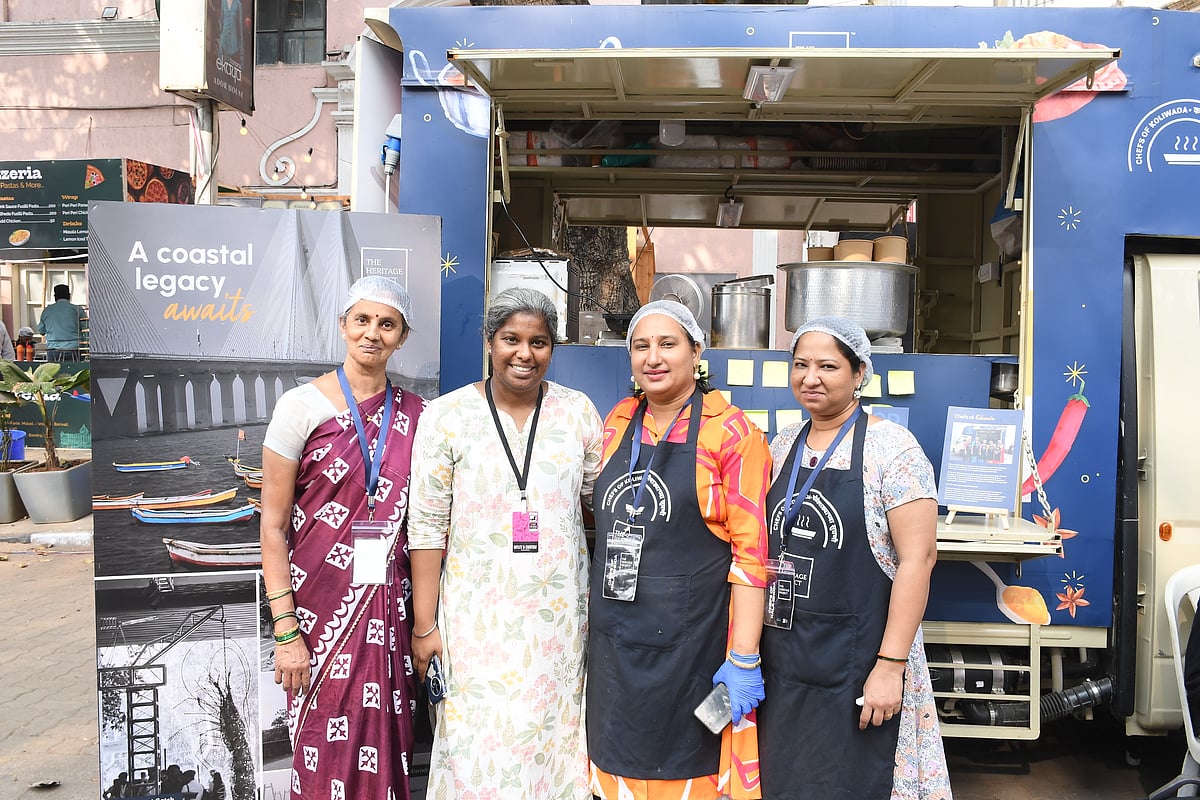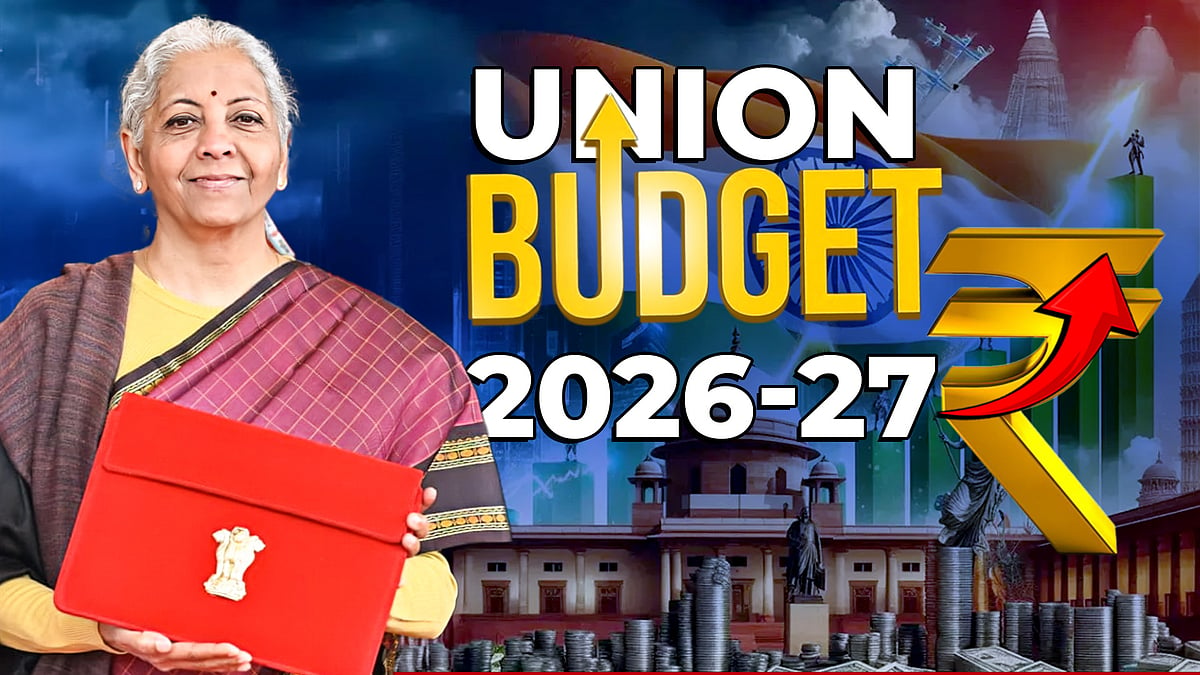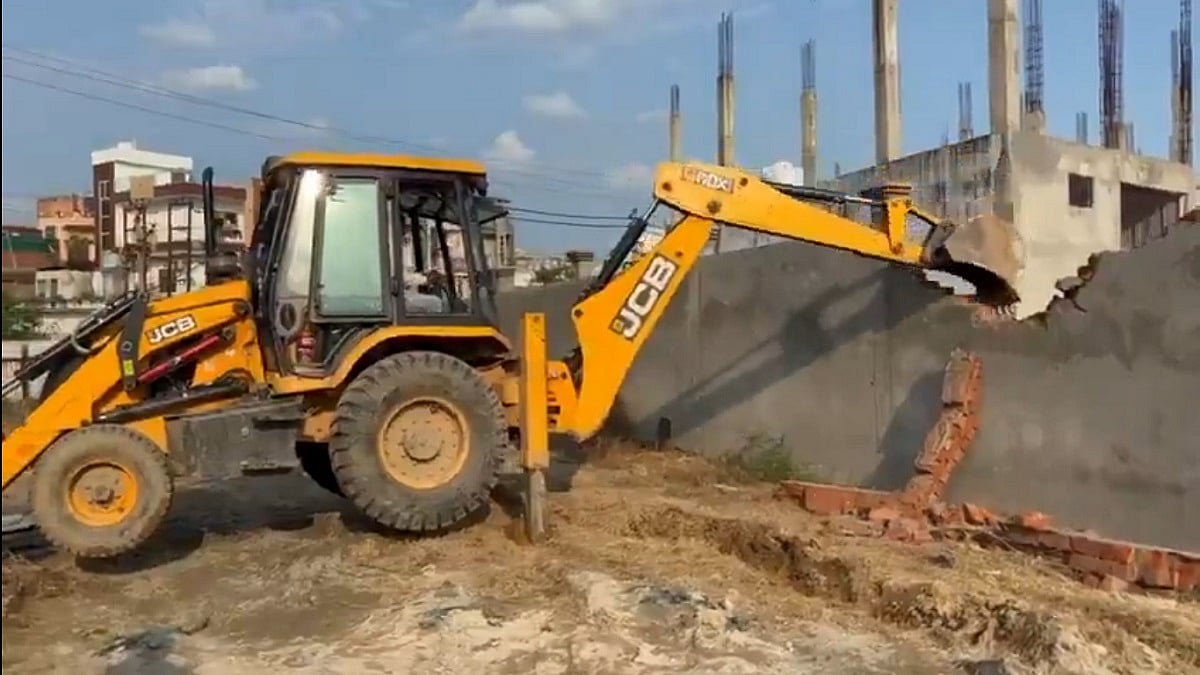If there is one lesson we have learnt from the pandemic, it is this: People and the planet can only be as healthy as their ecosystems. And ecosystems are simply the interplay in nature between organisms, plants, animals and humans.
As one of India’s foremost conservationists, Bittu Sehgal, said, “Whether you are a human rights activist, an economist, an environmentalist, writer, poet or coal miner…you are dependent on wild nature ..., not your favorite politician.”
Hell on earth
By shrinking the natural habitat of animals -- every three seconds, the world loses enough forest to cover a football field -- we have created ideal conditions for pathogens, including coronaviruses, to jump from wild animals to humans.
Not satisfied with this, we are degrading human habitat. Vehicular emission, construction dust and smoke from smouldering garbage dumps in India’s metros have poisoned the air to such an extent that merely breathing is equivalent to smoking 20 cigarettes a day. Lack of greenery and open spaces in cities have created heat islands, which lead to a host of ailments. Untreated effluents and sewage have converted our rivers into stinking drains and the seas into cesspools. When will it occur to us that we are hell-bent on turning earth itself into a hell?
For the moment, let’s not dwell on esoteric issues such as the thinning ozone layer, on global warming or on carbon emissions but on the green mantra, ‘Think global, act local’. What have we, as citizens, done to protect the environment around our houses and in our localities? How can we, individually and collectively, bring about changes that will make our neighborhood more livable?
Green role models
Take inspiration from Gaura Devi and the other village women of the ‘Chipko andolan’ in Uttarakhand, who hugged trees to prevent the timber mafia from axing them. Unfortunately, their leader Sunderlal Bahuguna died of Covid a fornight ago.
Emulate teenager Aditya Mukarji, who convinced over 150 restaurants, hotels and institutions in Gurugram to go plastic-free in 2018.
Learn from the morning walkers at Mumbai’s Sanjay Gandhi national park who came together in 2011 to clean the four rivers that flow out of the park. Over the years, their River March movement has enlisted wide support, including that of the civic authorities, and has become a pilgrimage for nature enthusiasts.
These people exemplify ‘Reimagine, recreate, restore’, the theme for today’s World Environment Day. Now, look at most of us, who hesitate to pick up a discarded plastic cup/bag, who are ashamed to sweep flowers shed by trees and use them as compost but are quick to hack trees for fear of bird droppings on our cars.
We need to follow tree-lover Dr Ashok Kothari of The Bombay Natural History Society, who has created avenues of native Indian flowering trees, such as the Bakul avenue at Juhu’s SNDT college. In a heartening development, the BMC has taken note of the preponderance of exotic trees in Mumbai and has decided to replace trees fallen in Cyclone Tauktae with Indian flowering trees such as Palash, Pride of India and the Indian Laburnum.
Sustainable existence
People like A R Shivkumar of Bengaluru should be our ideal. He has no water connection in his bungalow and makes do with rainwater collected in underground tanks.
People like D Suresh or 'Solar' Suresh of Kilpauk, Chennai, who lives in a green and sustainable home with a rooftop solar plant, a biogas plant, a rainwater harvesting system, a rooftop kitchen garden and a bamboo forest in the front yard.
People like Preeti Patil, a catering officer with Mumbai Port Trust, who used the canteen waste to create a 3,000 sq ft terrace farm with trees, herbs and vegetables.
People like eco-activist Bharat Mansata and his friends who turned a 65-acre piece of land situated in the foothills of the Sahyadris into a beautiful forest; the non-profit Vanvadi forest collective at Karjat.
Climate change
While we celebrate these earth heroes, we should not lose sight of the big picture, which is climate change; basically, our planet is warming up too fast, leading to increasingly freak weather. The current global average temperature is 0.85 degrees Centigrade higher than it was in the late 19th century.
The main cause for this is carbon dioxide released from the burning of oil, gas, and coal. It is one of the gases which act a bit like the glass in a greenhouse; trapping the sun's heat and stopping it from leaking back into space. As the earth’s atmosphere heats up, it collects, retains and drops more water, changing weather patterns and making wet areas wetter and dry areas drier.
Mumbai’s main challenge is coping with the rising sea level caused by the melting polar caps and glaciers. Along the Indian coast, the sea is rising at the rate of 1.7mm per year and scientists predict that by 2050 there will be prolonged flooding in Mumbai’s low-lying areas during the monsoon.
Mangroves under attack
Despite this, Mumbai’s coastal road project is in full swing. Its mangroves, a low-cost natural defence against erosion by the sea, are treated in a casual manner. Ironically, the state tree of Maharashtra is the Sonneratia alba, or the mangrove apple.
In fact, the Coastal Regulation Zone (CRZ) laws that protect the coastline from rampant urbanisation are being systematically diluted and dismantled.
Mumbai has forgotten the lessons from the deluge of July 26, 2005, in which more than 400 perished. The recent Cyclone Tauktae was a close call, as was Cyclone Nisarga last June but we may not be as lucky the next time. Mumbai needs to join the dots on climate change.
The city calls itself the financial capital of India but it flushes 655 million litres of untreated sewage into the sea every day. Last year, the National Green Tribunal fined Mumbai’s municipal corporation Rs 34cr for this. The city’s landfills are overflowing and constantly smoking but it has yet to find new dumping grounds.
Rivers or sewers?
Mumbai’s four rivers should have been tourist spots but they are little more than open sewers. The ‘nullahs’ near industrial areas are full of untreated effluent. Industries release noxious gases at night, which combine with car fumes and construction dust to form a deadly haze over the city. The hills around the city are quarried to the extent of destabilising their slopes. The sand mafia is so powerful that it operates with impunity. Mumbai’s eco-warrior Sumaira Abdulali had to flee for her life when she went to inspect sand mining in Raigad near Mumbai.
Mumbai’s greens have seen some success in campaigns on mangroves, on cleaning rivers, on illegal quarrying, on smoke from landfill fires and on open spaces but given the lack of political will, protecting the environment is an uphill task. The tide may be turning though, if Aarey is any indication; in 2019, ordinary citizens put up a spirited fight to save the small forest in Goregaon from being cut for a metro car shed.
Meanwhile, citizens need to start demanding basic amenities in slums, efficient garbage management, stormwater drains, a serious effort to curb water and air pollution, water-permeable pavements and ponds to tackle flooding, contour maps to demarcate flood-risk zones, water harvesting, action to tackle the heat island effect, electric buses, solar roofs on public structures, open spaces, a tree policy, better footpaths, cycle tracks, etc. The forthcoming civic polls present the best opportunity.
The writer is an independent journalist based in Mumbai. He welcomes feedback on anilsinghjournalist@gmail.com

